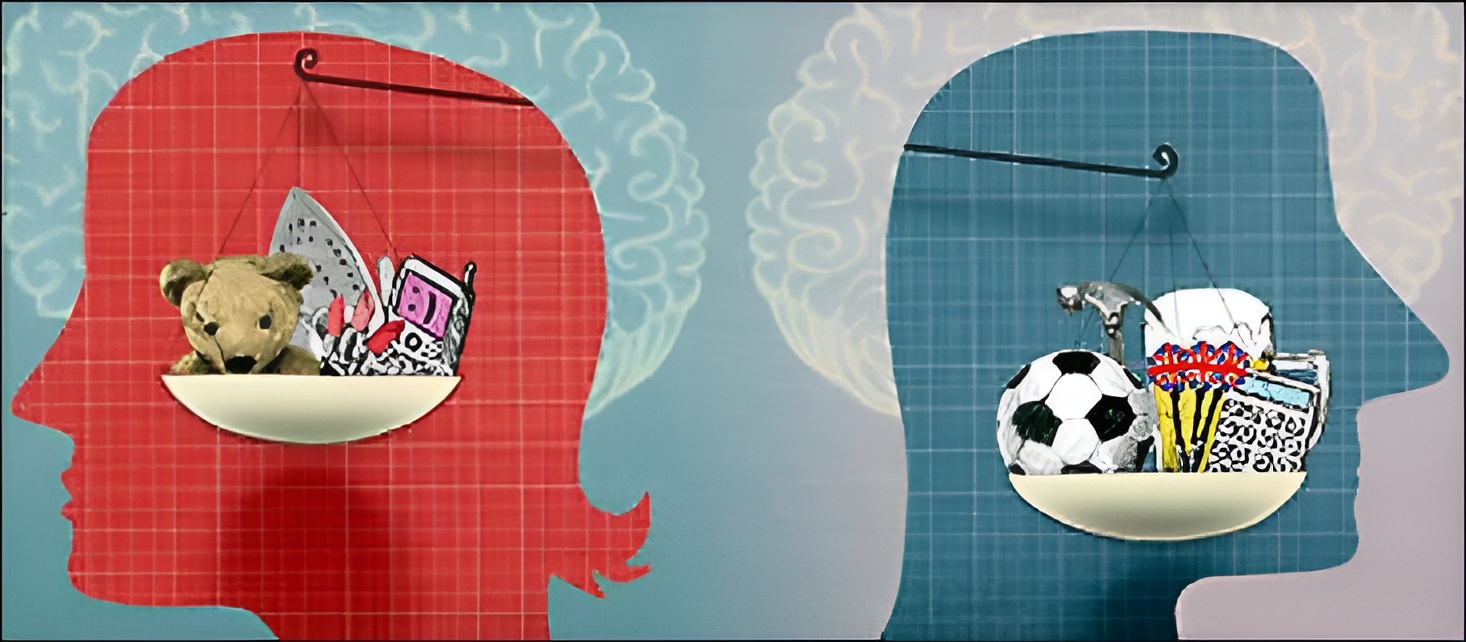Schemas are cognitive structures that represent an individual’s knowledge, beliefs, and expectations about a particular concept, object, or event. Schemas serve as mental frameworks that help people process, organize, and interpret information. However, schemas can also lead to cognitive biases when they cause individuals to filter, interpret, and remember information in a way that confirms their preexisting beliefs and expectations.
Explanations:
Schemas are essential for making sense of the world and efficiently processing information. They help individuals categorize and understand new information based on existing knowledge and experiences. However, when schemas become overly rigid and resistant to change, they can lead to cognitive biases by filtering out information that does not align with the schema.
Examples:
Stereotypes: People often hold schemas or stereotypes about specific groups of individuals, which can lead to biased judgments and behaviors.
Confirmation Bias: When individuals seek out and give more weight to information that confirms their existing beliefs or schemas, they can reinforce their biases.
Selective Memory: Schemas can affect memory, causing people to remember information that aligns with their preexisting schemas while forgetting or distorting information that contradicts them.
Solutions:
Schema Awareness: Recognize your own schemas and be aware of how they may influence your perceptions, judgments, and decisions.
Challenge Assumptions: Regularly question and challenge your own assumptions and beliefs to prevent your schemas from becoming rigid and unchanging.
Diverse Perspectives: Seek out diverse perspectives and information to expand and enrich your schemas, reducing the impact of confirmation bias.
Critical Thinking: Develop critical thinking skills to evaluate information from a more objective and rational standpoint, rather than letting your schemas guide your judgments.
Addressing the influence of schemas involves recognizing their role in shaping perceptions and judgments. By actively challenging and updating your schemas and seeking out diverse information, you can mitigate the impact of cognitive biases associated with rigid or biased schemas.
